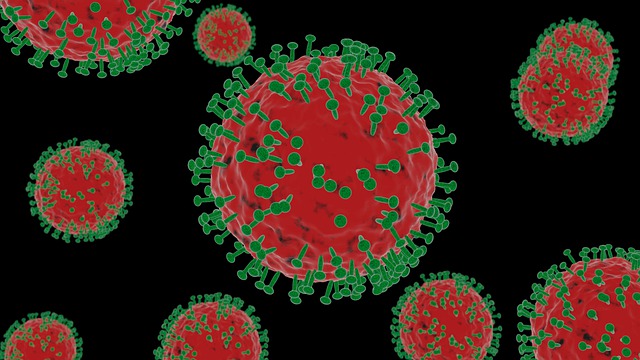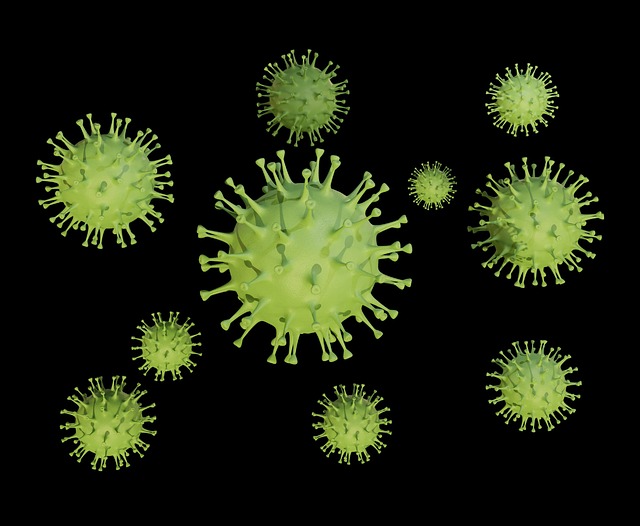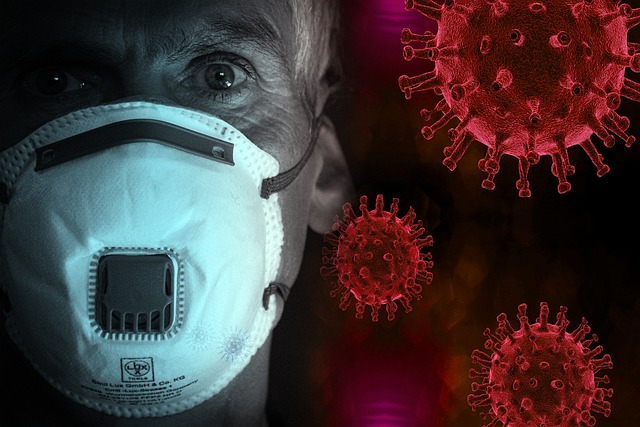
Debunking Persistent COVID-19 Myths: Biases and Misinformation
Persistent COVID-19 myths and their influence on public behavior are examined, emphasizing the role of biases and false beliefs in perpetuating misinformation and the importance of science communication in addressing misconceptions.
June 2021

Diagnostic Criteria for Hyperinflammatory Syndrome in COVID-19 Patients
Development and validation of diagnostic criteria for hyperinflammatory syndrome in hospitalized COVID-19 patients facilitate early recognition and targeted management strategies, improving clinical outcomes and reducing disease severity in affected individuals.
June 2021

Stroke as a Complication of COVID-19 in Young Patients: Incidence and Mortality Rates
Approximately two in every 100 patients hospitalized with COVID-19 will suffer a stroke, with a significant mortality rate, highlighting the need for vigilance and prompt management of stroke risk factors in young COVID-19 patients.
June 2021

Corticosteroids' Impact on Severe COVID-19 Mortality: Ten Key Reasons
Corticosteroid therapy's effectiveness in reducing mortality in severe COVID-19 patients is discussed, highlighting ten key reasons underlying its therapeutic benefits and supporting its inclusion in treatment protocols for severe disease management.
May 2021

Psychiatric Illness and COVID-19 Mortality Risk: Implications for Patient Care
Patients with psychiatric illnesses face increased mortality risk from COVID-19, emphasizing the importance of targeted interventions and integrated mental health care in managing COVID-19 outcomes and reducing mortality rates in vulnerable populations.
May 2021

Long-Term Consequences of COVID-19: Post-Acute Syndrome Recognition
Post-acute COVID-19 syndrome, characterized by persistent symptoms and complications beyond acute infection, underscores the importance of recognizing and addressing long-term health impacts in COVID-19 survivors, regardless of initial disease severity.
May 2021

Long-Term Consequences of Coronavirus Infection: Post-COVID Syndrome Spectrum
Some individuals continue to experience persistent symptoms and complications, including fatigue, lung damage, and other long COVID symptoms, months after SARS-CoV-2 infection, highlighting the need for ongoing research and clinical management in post-COVID syndrome.
April 2021

Nosocomial COVID-19 Incidence in Hospitalized Patients: Infection Control Implications
Robust infection control practices are associated with minimal risk of nosocomial spread of COVID-19 to hospitalized patients, underscoring the importance of adherence to preventive measures in healthcare settings to mitigate transmission risks.
April 2021

COVID-19 and False Dichotomies: Embracing Nuanced Perspectives
The pandemic calls for a nuanced understanding of health, economic, and social considerations, challenging simplistic black-and-white narratives and emphasizing the need for balanced approaches to addressing complex public health issues, including SARS-CoV-2 transmission and mask usage.
April 2021
















